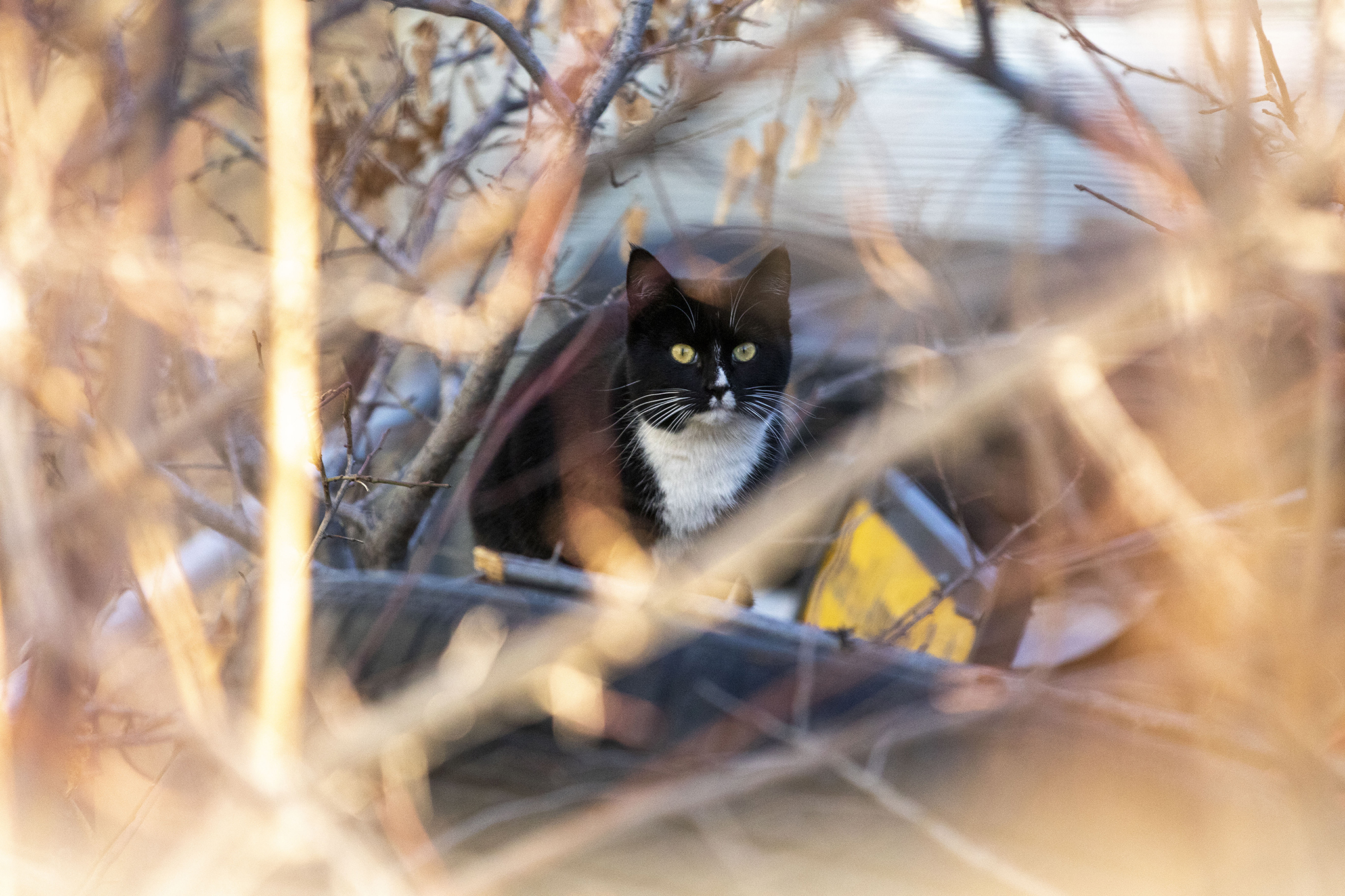Time: 2024-08-15
The fight against Avian influenza is ongoing as Seqirus in Holly Springs , North Carolina , is working tirelessly to produce millions of doses of a new vaccine targeting the H5N1 bird flu virus . The virus , which has been spreading among dairy and poultry farms across the United States , has infected farmworkers . However , the virus is not being transmitted from person to person , which is why public health officials are not yet urging for widespread vaccination against H5N1 . Despite the low risk to the general public , Seqirus has 4.8 million doses of a potential vaccine ready for distribution if the need arises.
The manufacturing process at Seqirus involves meticulous steps to ensure the quality and effectiveness of the vaccine . The facility in Holly Springs is capable of producing 2 million flu vaccine doses every two weeks . The 4.8 million doses of the H5N1 vaccine are part of a 2 million agreement with the federal government , aiming to prepare for any potential outbreak . Additionally , preparations for two types of vaccines are underway , with Moderna also receiving funds to develop mRNA influenza vaccines for H5N1.

The outbreak of H5 bird flu in Colorado has expanded to affect domestic cats , with six cases of Influenza A diagnosed in felines . The virus has also been detected in various other mammals in Colorado since 2022 , raising concerns about the rapid spread of the virus across different species . The risk of human infection remains low , but experts emphasize the importance of monitoring and testing to understand the chain of transmission.
Pet owners , especially those living near agricultural areas , are advised to take precautions to limit contact between pets and wild birds as well as ill livestock to prevent the spread of the virus . Changing clothing and shoes after interacting with animals , washing hands thoroughly , and avoiding contact with sick or dead wildlife are crucial steps to reduce the risk of infection . Veterinarians play a key role in assessing and monitoring cases of H5 bird flu in domestic animals , providing guidance and support to pet owners in identifying potential symptoms early on.